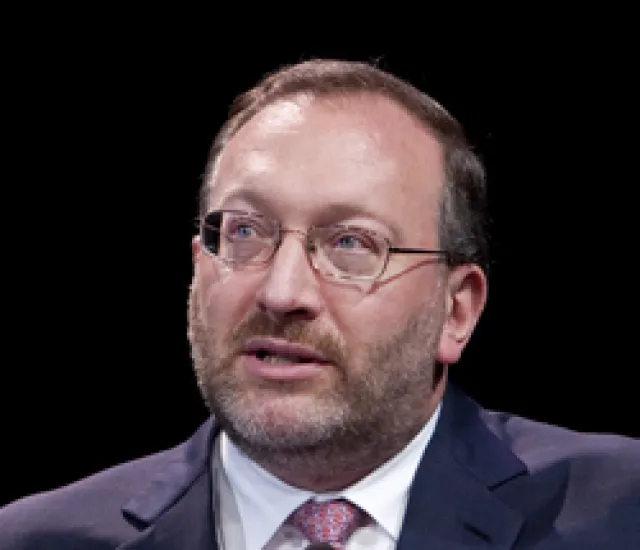
Seth Klarman's Baupost Up Less Than 3 Percent This Year
Seth Klarman's Baupost Group is performing roughly in line with most hedge funds that resemble what it does. Partnerships were down between 0.25 percent and 0.60 percent in June. They are up 2.25 percent to 2.75 percent for the year to date. Not too shabby given the conservative nature of the funds.
Stephen Taub
July 21, 2011



